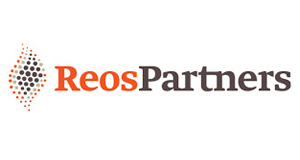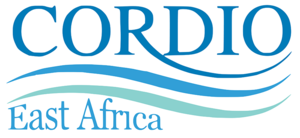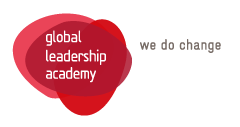COVID 19 and the Future of Ocean Sustainability
Examining how the pandemic could contribute to or undermine ocean sustainability
The ocean has been and will be heavily impacted by the global pandemic in 2020. In a dialogue process building on the participants of the Sustainable Oceans Lab and its partners, diverse actors came together in August 2020 from across Australia and Indonesia through Africa to the Americas to consider how long term impacts may unfold and the factors and choices we can take to lead towards a better or worse outcome for ocean sustainability.
25
Participants
14
Countries
Australia, Belgium, Brazil, Canada, Costa Rica, France, Germany, Indonesia, Kenya, Madagascar, Switzerland, Tanzania, United Kingdom, United States
Why we started this process
As a contribution during the early pandemic - a moment of threat and possibility - members of the Sustainable Oceans Lab, in partnership with CORDIO East Africa, undertook this rapid-response process looking at how COVID-19 could affect the future of the ocean. As diverse stakeholders from across the globe we wanted to understand how COVID-19 is impacting ocean sustainability. We all work extensively in ocean sustainability across 6 continents, from the non- profit sector, government, and the private sector, and work in diverse domains of ocean sustainability. Our aim was to :
- Identify the direct short-term and indirect long-term impacts of COVID-19 on the future of ocean sustainability, and how these vary with context
- Understand the implications of each type of impact on achieving ocean sustainability
- Identify strategic opportunities for advancing ocean sustainability in the COVID-19 context
We understand this conversation as part of the Sustainable Oceans Lab and the regional Transformative Scenarios Process in the Western Indian Ocean/Northern Mozambique Channel in 2017-2018.
Since the process, the participants have identified some areas for on-going collaboration.
Starting the conversation in 2020
The process looked at the short term and long term impacts of COVID-19, identifying seven areas that are key to ocean sustainability:
(1) Healthy, sustainable ecosystems; (2) Community resilience and sustainable livelihoods; (3) Inclusive, sustainable economie; (4) Equality and equity; (5) Effective governance; (6) Climate change adaptation and mitigation and (7) Awareness and understanding
...and identified how, in the short term, the medical response and associated lockdowns are impacting these seven key areas. Participants also looked at how three priority long term impact areas might impact ocean sustainability:
• widespread economic recessions,
• increasing digitalization,
• changes to data and research
From these impacts, exacerbates and allevators, we identified six areas for strategic action to shift the balance of impacts, particularly in the long term, towards positive outcomes and away from negative ones.
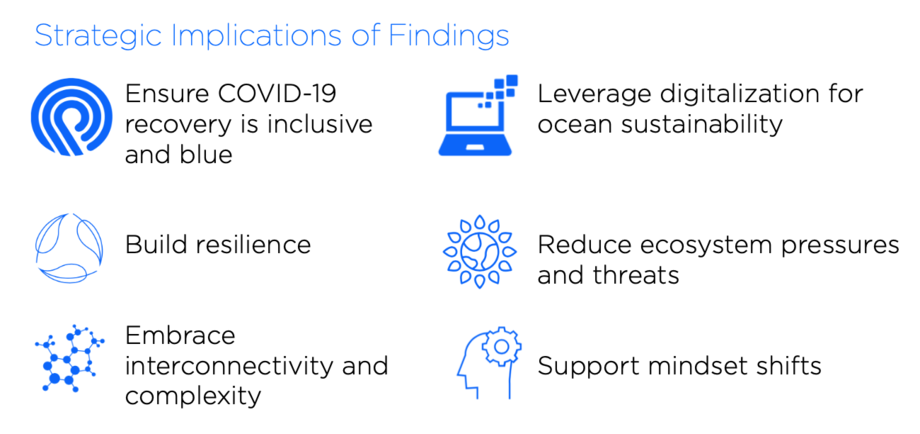
These six areas emphasize the opportunity COVID 19 provides to select inclusive, equitable and sustainable options over inequitable and unsustainable options in all actions; to leverage the inevitable digitalization towards positive outcomes; to embrace interconnectivity and complexity; to leverage the unique global event to support shifts in mindsets towards long term solutions; to reduce compounding ecosystem pressures and threats particularly that affect the most vulnerable people; and to build resilience at all levels – across social and ecological domains. Pathways to a more sustainable future will involve transitioning responses to short term impacts into long term actions and responses, promoting factors that alleviate impacts and transforming factors that exacerbate impacts. To their own surprise the process participants focused on the positive opportunities from the crisis, in terms of re-imagining the future and the phrase #BuildForwardBetter.
Follow up
On 27th May 2021 the Sustainable Oceans Lab Network and Connect Event created a forum for a diverse range of stakeholders to recognise, discuss, engage and ultimately act upon ocean sustainability and related issue domains. The session encouraged open conversation across a range of related topics. A special focus was placed on the 17 Rooms Initiative, Applying Ocean Literacy to the Business Sector and COP26, as well as two novel initiatives, the Blue Economy Accelerator, and Ocean Futures.
The 17 Rooms Initiative, launched by the Brookings Institution and the Rockefeller Foundation, aims to catalyse collective action towards the Sustainable Development Goals. David Obura (of CORDIO, East Africa) is co-moderating the ‘room’ for SDG 14 to develop an SDG narratives-building process, to help participants unlock barriers and explore synergies to build resilience and improve sustainability.
To engage with the question “Can Ocean Literacy be applied to the Business Sector in order to promote Ocean Sustainability?”, founder of Acqua Mater Patricia Furtado de Mendonça participated in two multistakeholder workshops examining ocean literacy in the context of the UN Ocean Science Decade for Sustainable development and the private sector under the invitation of the ICO-UNESCO. From these workshops Patricia began developing an international training course for Ocean Literacy in partnership with Ana Vitória Tereza (founder of Ocean Immersion) with the hope of offering courses worldwide across all sectors of the global economy.
Conversations on COP26 were led by Daniela Lerário, a Cop26 Climate Champion. Here, a focus was placed on the Oceans agenda, encouraging collaborative dialogue to welcome a variety sectors of the global economy to enter into the Ocean space.
The Inclusive Blue Economy Accelerator aims to situate itself at the crossroads between economic activity, livelihoods, and sustainability. The aim of the accelerator is to engage with and support the creation and maintenance of 1 million livelihoods while contributing to the repair and preservation of 1% of coastal and marine areas by 2030.
Ocean Futures pushes for dialogue across national disciplinary and sectoral boundaries to collaborate towards the sustainable development of the ocean. Reos Partners and the Sustainable Oceans Lab are proposing a Transformative Scenarios Process to build systemic understanding and enhance collaborative capacities towards advancing the sustainability of oceans and marine resources.
How to get engaged
If you should be interested in engaging with the follow up from this conversation, please check the website of the Sustainable Oceans Lab or approach David Obura dobura@cordioea.net and Ravenna Nuaimy-Barker nuaimybarker@reospartners.com.
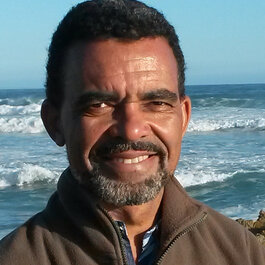
David Obura, Cordio East Africa
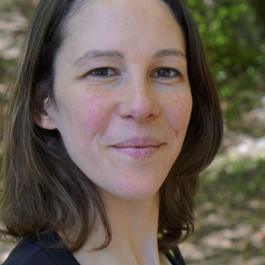
Ravenna Nuaimy-Barker, REOS Partners
How to support
We also welcome partners and funders who want to support our work. Partners support our sustainability by lending their support to the activities and events. Funders are stakeholders who are interested in providing investment funds for social impact projects that arise. Funders may also be partners and members.
Our current partners (as of June 2021):
